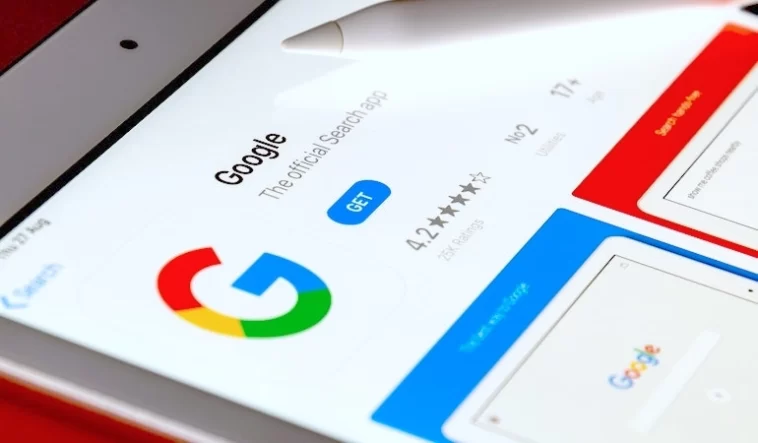AI is one of the most profound technologies Google is currently working on. People, businesses, and communities can all benefit from using artificial intelligence, whether it is to detect diseases earlier or give them access to information in their language.
As a result, new opportunities are available to billions of people that could significantly improve their living standards. Google’s goal is to organize the world’s information and make it universally accessible and useful to everyone, so six years ago, Google re-oriented the company around artificial intelligence. That is why we see that as the most important way to deliver on our mission.
Exceptional artificial intelligence has progressed considerably since then, and DeepMind and Google AI are working together to advance significantly in this area. Currently, the size of the largest AI computations doubles every six months, far outpacing Moore’s Law in terms of doubling every couple of years. Meanwhile, advanced generative artificial intelligence and large language models are capturing the imaginations of millions of people around the world. Several of the generative AI applications we are beginning to see today are based on our Transformer research project and our field-defining research paper published in 2017, as well as our important advances in diffusion models that are a key contribution to the field.
BARD
Mr. Sundar Patel, CEO of Google and Alphabet, said, “Working on these technologies at the moment is one of the most exciting times of my career, as we have the opportunity to translate deep science and breakthroughs into products that can benefit people. With large language models, we’ve been going on a journey that’s been quite interesting. It has been two years since we announced the next generation of language and conversation capabilities enabled by our Language Model for Dialogue Applications.” Bard is an experimental conversational AI service powered by LaMDA. We’re now opening it up to trusted testers ahead of making it more widely available to the public.
Using our large language models, Bard aims to combine the breadth of knowledge from around the world with power, intelligence, and creativity. It provides users with fresh, high-quality responses based on information pulled from the web. In a nutshell, Bard serves as an outlet for creativity and a source of curiosity, providing you with the tools to explain discoveries from NASA’s James Webb Space Telescope to a 9-year-old or learn more about the best strikers in the world today and then exercise your skills via drills.
He further added that our first release of LaMDA would be a lightweight model. With this much smaller model, which requires significantly less computing power, we can scale to more users, allowing us to receive more feedback from them. To ensure Bard’s responses meet a high standard for quality, safety, and groundedness in real-world information, we will combine external feedback with our internal testing to ensure the answers will be backed up by external feedback.
Looking forward to this phase of testing that will help us continue learning and improve Bard’s quality and speed. We have used AI to improve Search for billions of people for a long time. Our first Transformer model, BERT, was revolutionary in understanding human language. A few years ago, we introduced MUM, which is 1,000 times more powerful than BERT and can pick out key moments in videos and provide critical information in multiple languages, including crisis support. LaMDA, PaLM, Imagen, and MusicLM are our newest AI technologies, creating new ways of engaging with information, from language and images to video and audio. Starting with Search, we’re integrating these latest AI advancements.
Our best models should be easy to build on top of so others can benefit from these advances. In the coming months, we will start onboarding developers, creators, and enterprises to try our Generative Language API powered by LaMDA. By providing tools and APIs, we intend to make it easier for others to build more innovative AI applications. It’s also crucial for startups to build reliable, trustworthy AI systems, and we’re excited to help scale these efforts through our Google Cloud partnerships with Cohere, C3.ai, and Anthropic. Keep an eye out for more developer details, said Mr. Sundar.
Bringing experiences rooted in these models to the world boldly and responsibly is crucial. We’re committed to developing AI responsibly: Google published a set of AI Principles in 2018. To make AI safe and effective, we work with communities and experts, develop standards, and partner with governments and external organizations.


